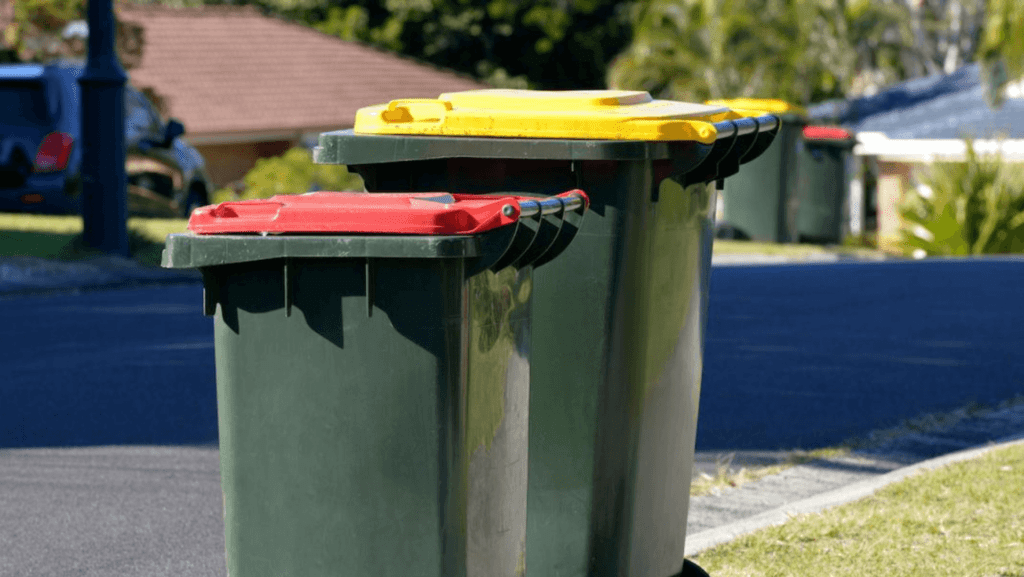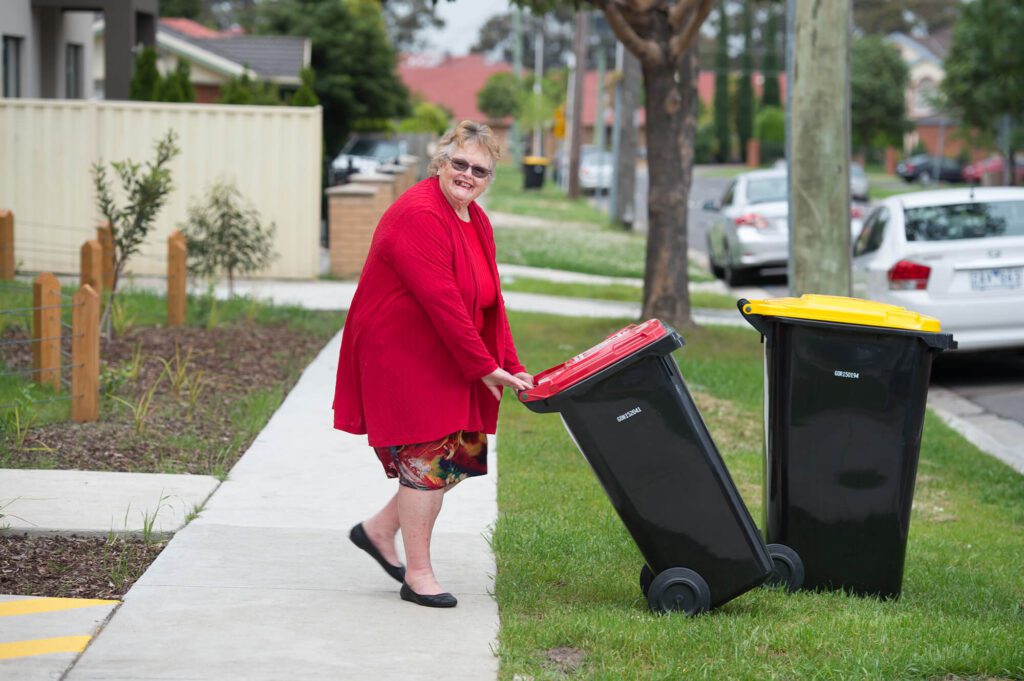In the bustling world of today, waste management has become a critical component of maintaining a sustainable and healthy environment. Among the various types of waste, general waste occupies a significant portion of what we discard daily. But what exactly falls under the category of general waste, and why is it essential to understand its impact on our environment? In this comprehensive guide, we’ll explore the intricacies of general waste, its sources, environmental impact, and ways to manage it effectively. Whether you’re a concerned citizen or a business owner, understanding general waste is the first step towards contributing to a greener planet.
Understanding General Waste
General waste, often referred to as non-recyclable waste, encompasses items that cannot be recycled or composted. This includes a wide range of everyday items such as kitchen waste that isn’t organic, broken glass, ceramics, and certain plastics. Unlike recyclable or organic waste, general waste is destined for landfill, where it contributes to land and air pollution. Distinguishing between types of waste is crucial for effective waste management and ensuring that recyclable materials don’t end up in landfills unnecessarily.

Sources of General Waste
Household General Waste
In our homes, general waste comprises a variety of items, from packaging materials to broken household goods. While many household items can be recycled, it’s important to recognize those that cannot and dispose of them responsibly.
Commercial and Industrial Sources
Businesses and industries also contribute significantly to general waste production. Whether it’s office paper that’s contaminated with food or industrial by-products that can’t be repurposed, understanding the source of general waste is key to managing it.
Environmental Impact of General Waste
The improper disposal of general waste has far-reaching consequences on the environment. Landfills not only take up valuable space but also release greenhouse gases as waste decomposes. Moreover, general waste can lead to pollution of waterways and harm wildlife, highlighting the importance of responsible waste management practices.
Managing General Waste
Reducing general waste at the source is paramount. For households and businesses alike, adopting practices such as reducing, reusing, and recycling can significantly diminish the amount of waste that ends up in landfills. For tips on how to effectively recycle and reduce waste in your household, consider reading our essential recycling tips.
Innovative waste treatment technologies, such as waste-to-energy processes, offer promising solutions for managing general waste. These methods not only reduce the amount of waste sent to landfills but also generate energy, contributing to a more sustainable future.

Innovations in Waste Management
As the world grapples with increasing waste production, innovation becomes key in managing general waste more effectively. One of the most promising developments in recent years is the advancement of waste-to-energy technologies. These processes not only help in reducing the volume of waste sent to landfills but also generate renewable energy, contributing to a circular economy.
Waste-to-Energy: A Closer Look
Waste-to-energy (WTE) plants use municipal solid waste as fuel, burning it at high temperatures to generate electricity. This innovative approach not only diverts waste from landfills but also reduces reliance on fossil fuels. Countries across Europe, Asia, and North America have successfully implemented WTE technologies, showcasing their potential in sustainable waste management.
Recycling Innovations
Beyond traditional recycling methods, new technologies are making it possible to recycle materials previously considered non-recyclable. Chemical recycling, for example, breaks down plastics at the molecular level, allowing them to be reused in new products. Such advancements are crucial in reducing the amount of general waste and moving towards a more sustainable approach to material management.
The Role of Individuals and Communities
While innovations in waste management are vital, the role of individuals and communities in reducing general waste cannot be overstated. Every person has the power to make a difference, and when communities come together, the impact can be substantial.

Reducing Waste at Home
Simple changes in daily habits can significantly reduce the amount of general waste produced in households. From opting for reusable shopping bags and water bottles to avoiding single-use plastics, the choices we make can lead to a considerable decrease in waste. Composting organic waste and ensuring that recyclable materials are correctly sorted are also key steps in minimizing general waste.
Community Initiatives
Grassroots movements and community-led initiatives have proven to be highly effective in promoting sustainable waste management. Neighborhood recycling programs, local clean-up drives, and educational workshops can foster a culture of environmental responsibility. By participating in or organizing such initiatives, individuals can contribute to a collective effort towards waste reduction.
Looking Towards the Future
The future of waste management lies in innovation, collaboration, and a shift in societal attitudes towards consumption and waste. As we become more aware of the environmental impacts of our choices, the potential for positive change grows.

Sustainable Consumption
The concept of sustainable consumption is gaining traction, encouraging individuals and businesses to consider the lifecycle of the products they use. By opting for products with minimal packaging, made from sustainable materials, and designed for longevity, we can significantly reduce the amount of general waste produced.
Policy and Regulation
Government policies and regulations play a crucial role in shaping waste management practices. From banning single-use plastics to implementing extended producer responsibility (EPR) schemes, policy measures can drive significant improvements in how we manage waste. Looking forward, it is essential for governments around the world to continue developing and enforcing regulations that promote sustainable waste management.
The Global Perspective
Waste management is a global challenge, requiring international cooperation and knowledge sharing. Developing countries, in particular, face significant hurdles in managing waste effectively due to limited resources and infrastructure. International partnerships and aid programs aimed at building waste management capacity can play a crucial role in addressing these challenges.
Conclusion
Understanding and managing general waste is a complex challenge that touches on environmental, social, and economic factors. From innovations in waste-to-energy technologies to the power of community initiatives, there are many avenues through which we can work towards more sustainable waste management practices. By taking individual responsibility and advocating for broader systemic changes, we can contribute to a future where waste is minimized, resources are conserved, and the natural environment is protected.
As we continue to explore and implement innovative solutions, the goal of achieving a circular economy becomes increasingly attainable. In this journey towards sustainability, every effort counts. Whether it’s making small changes in our daily lives, participating in community initiatives, or supporting policies that promote sustainable waste management, we all have a role to play.
If you’re inspired to take action and improve your waste management practices, consider starting with an audit of your waste to understand how you can reduce, reuse, and recycle more effectively. For tailored solutions and expert advice, book an instant quote with Jacs Bins. Together, we can make a significant impact on the way we manage waste, ensuring a cleaner, greener, and more sustainable future for all.
Remember, managing general waste effectively is not just about protecting the environment; it’s about creating a legacy of stewardship for future generations. Let’s embrace the challenge and work together towards a sustainable future, one step at a time.
